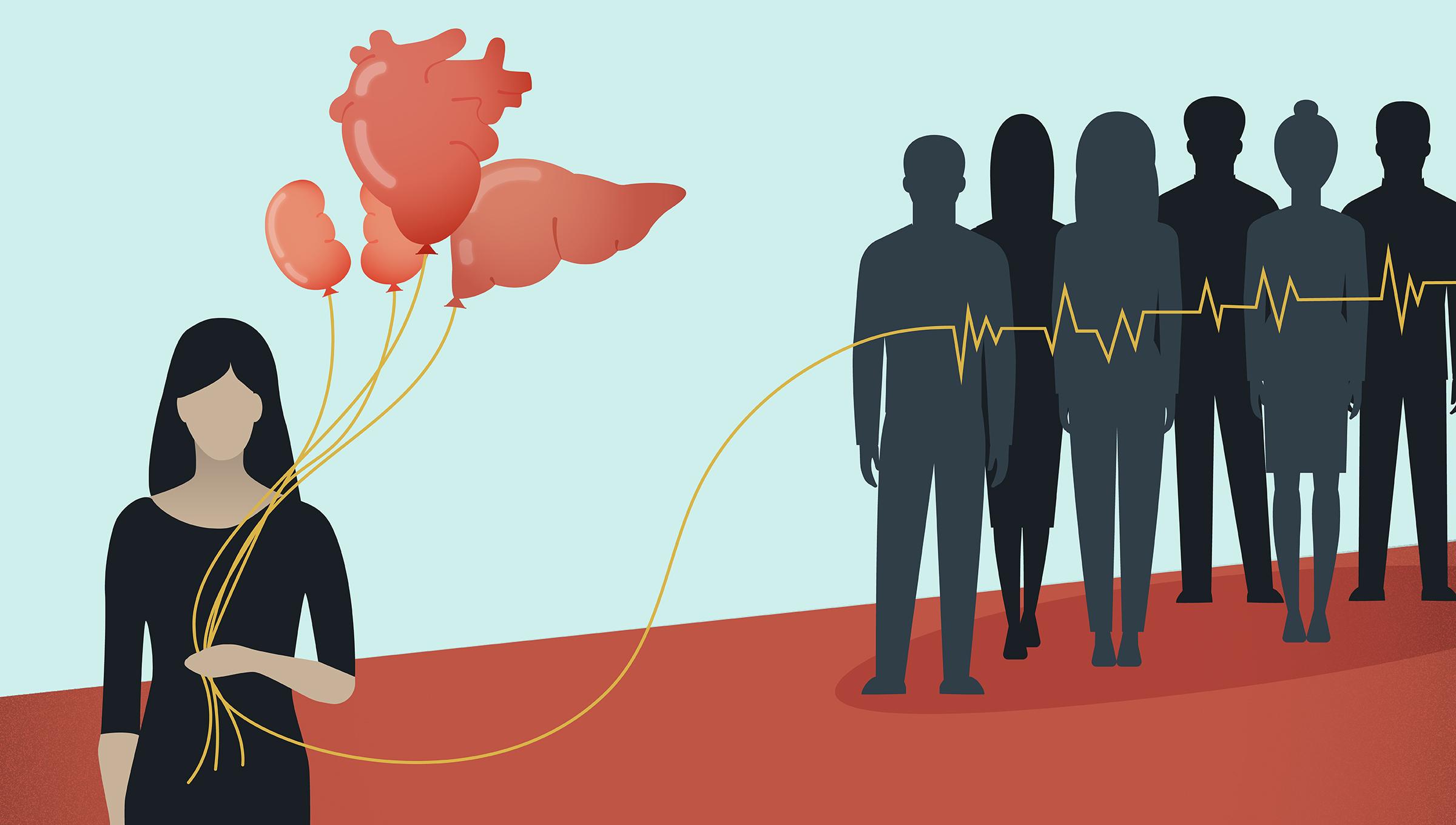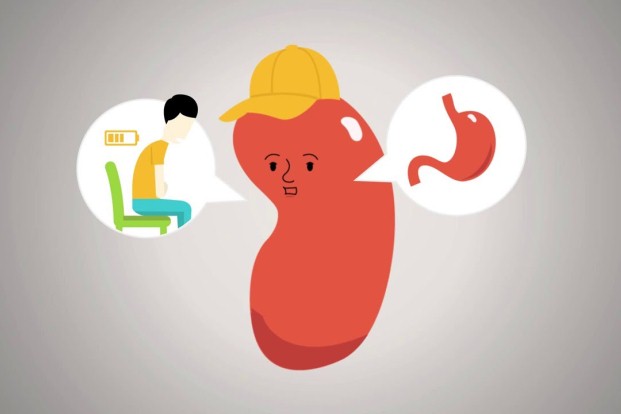Deceased Donation (Donation after Brain Death)
Apr 19, 2022
With the advent of modern developments in medical science, Organ Transplant has made revolution in the lives of patients suffering from organ failure like Heart, Lung, Liver, Kidney etc.
Every year several hundreds of patients die waiting for Organ Transplant. Organ transplantation is the best treatment for such patients.

There are mainly two types of transplant – Living Donation and Deceased donation.
In living donation, one can donate only a part of Liver or one kidney to his/her relative. In addition to this, the living person has to undergo a major surgery which has its own merits and demerits.
In Deceased Donation, the brain dead person can save at least 8 lives and can extend upto saving 50 lives……How is it possible? Yes, it is possible, as one donor can donate several organs like Heart, Lungs, Liver, Kidneys, Pancreas, Intestine, small bowel, hands and tissues like Cornea, Skin, Tendons, Cartilage, Heart Valves, bones etc.
Who is a brain dead donor? A patient whose brain activity has been completely ceased including the centers regulating our vital functions like respiration, heart rate etc. It is an irreversible condition and no medical treatment can reverse the situation. These patients do not breathe by themselves and are maintained on mechanical ventilator. The heart continues to beat on its own for few hours or days and eventually heart also stops beating. The brain death can be caused due to major accident which causes severe brain injury, a major stroke or certain brain tumors. Brain Dead people can donate their organs.
Brain death is diagnosed as per the criteria of Ministry of Health and Family Welfare. The test is done twice in a time gap of minimum 6 hours by the panel of 4 doctors out of that 2 of them are approved by the Appropriate Authority for Human Organ Transplant.
NOTTO (National Organ and Tissue Transplantation Organization) allocates the organ to the needy as per the priority on the waiting list. The hospital authority follows the instructions given by the NOTTO in terms of Organ retrieval and transplantation.








